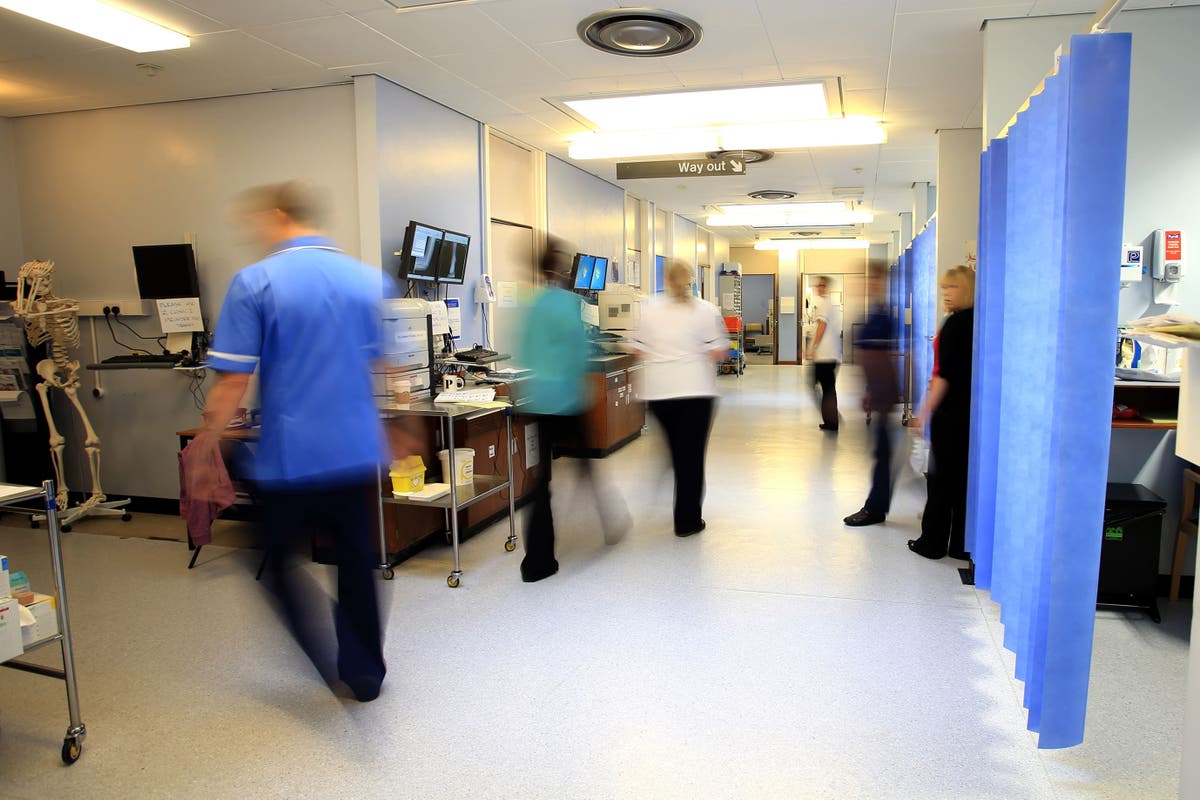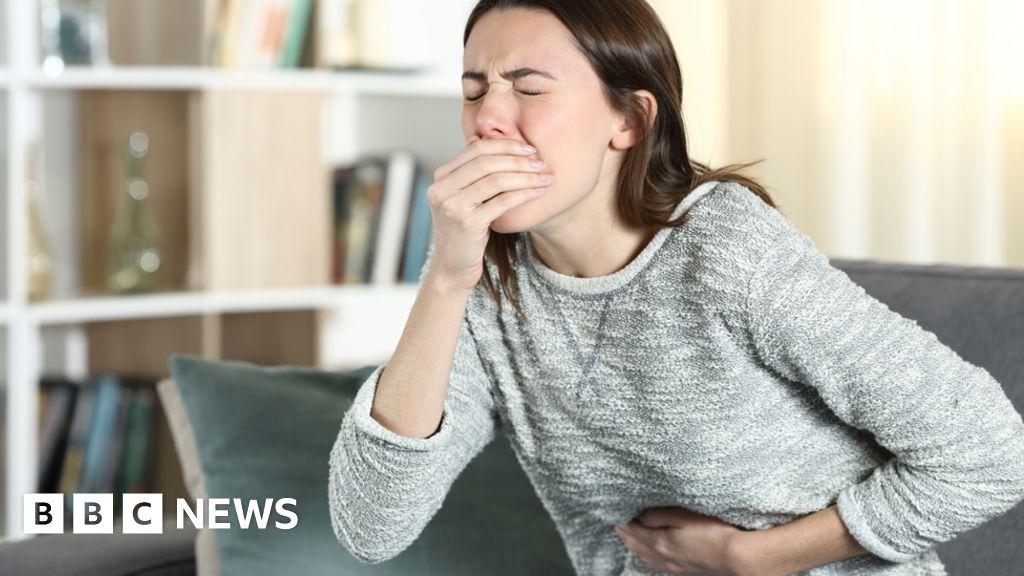NHS warning over winter bugs as hundreds in hospital with norovirus
The NHS has sent a warning over norovirus after figures showed hundreds of patients are in hospital with the winter bug.
Health chiefs warned that the impact on hospitals from seasonal viruses is likely to be made worse by the current cold weather.
An average of 351 adult hospital beds in England were occupied last week by patients with diarrhoea and vomiting or norovirus-like symptoms, according to NHS data. This is nearly three times the average of 126 for the equivalent week in 2022.
There were an average of 13 children with the virus in hospital each day, compared with just three at this point last year.
Admissions for other winter bugs such as flu or Respiratory syncytial virus (RSV) however, are down compared to last year with an average of 153 beds closed a day last week due to flu compared to an average of 472 in the same week last year. An average of 140 beds were closed due to RSV last week compared to 145 last year.
NHS national medical director Professor Sir Stephen Powis said: “We all know somebody who has had some kind of nasty winter virus in the last few weeks and today’s data shows this is starting to trickle through to hospital admissions, with a much higher volume of norovirus cases compared to last year, and the continued impact of infections like flu and RSV in children on hospital capacity – all likely to be exacerbated by this week’s cold weather.”
He said:“There has been a significant reduction in ambulance handover delays despite higher demand, almost twice the number of 111 calls being answered in a minute, and almost 1,500 more general and acute hospital beds open compared to the same time last year.
“However, it is clear that, even before we enter December, the demand on hospitals and staff is high, with more than 1,200 extra patients in hospital compared to last year, and we know that is likely to grow considerably before Christmas.”
Hospitals in England struggled with ambulance handovers last year
(PA Wire)His warning comes amid evidence that winter pressures on the NHS are starting to grow, with one in four patients arriving by ambulance last week waiting at least 30 minutes to be handed over to A&E teams.
Norovirus is the most common infectious cause of vomiting and diarrhoea. It spreads easily through contact with someone who has the virus or with contaminated surfaces.
While most people make a full recovery within two or three days, the virus can lead to dehydration, especially among the very young, the elderly or those with weakened immune systems.
The figures have been published as part of the first weekly snapshot of how NHS hospitals in England are performing this winter.
The data also shows that a quarter of patients arriving by ambulance at hospitals last week waited at least 30 minutes to be handed over to A&E teams. Some 22,588 delays of half an hour or longer were recorded across all hospital trusts in the week to November 26.
This was 25 per cent of the 89,506 arrivals by ambulance, where the handover time was known.
However it is lower than the 31 per cent figure for the equivalent week last year.
Some 9 per cent of handovers last week, or 8,239 patients, were delayed by more than an hour, compared with 15 per cent in this week in 2022.
Responding to the new figures, Miriam Deakin, director of policy and strategy at NHS Providers, said: "Demand for and pressure on the NHS continue to bite. Last winter was the worst that many in the NHS can remember and this time could be even tougher.
"As temperatures plummet, pressure on the NHS hots up with winter illnesses and bugs like flu adding to already high demand on services and staff.
“Every day thousands of people are stuck in hospital beds when they could be recovering at or closer to home, largely because of a lack of capacity and resources in social care and community health services – with serious knock-on effects on the rest of the already stretched system.”













